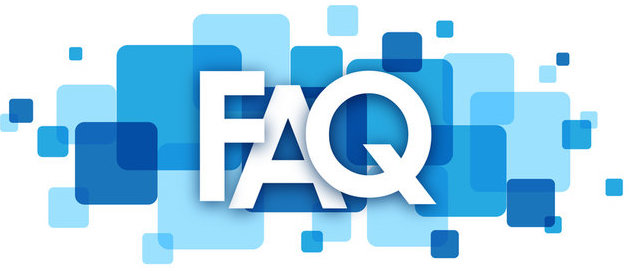
 What Defines Bahá'í Interpretive Texts?
What Defines Bahá'í Interpretive Texts?
Bahá'í interpretive texts are writings by ‘Abdu’l-Bahá and Shoghi Effendi that elucidate and explain the teachings of Bahá’u’lláh, ensuring the continuity of divine guidance post-revelation.
 Who Holds the Authority to Interpret Bahá'í Writings?
Who Holds the Authority to Interpret Bahá'í Writings?
Within the Bahá'í Faith, the Guardian, initially Shoghi Effendi, held exclusive authority to interpret the sacred writings, a role that does not continue after his passing.
 How Do Interpretive Texts Relate to Bahá'í Revelation?
How Do Interpretive Texts Relate to Bahá'í Revelation?
Interpretive texts build upon the foundational principles outlined in the revelation of Bahá’u’lláh by providing clarity and expanded understanding but do not constitute a continuation of revelation itself.
 Are Bahá'í Interpretive Texts Considered Infallible?
Are Bahá'í Interpretive Texts Considered Infallible?
Yes, the interpretations provided by ‘Abdu’l-Bahá and Shoghi Effendi are considered infallible and authoritative within the Bahá’í Faith.
 What Is the Significance of Bahá'í Interpretive Texts?
What Is the Significance of Bahá'í Interpretive Texts?
Interpretive texts are crucial for maintaining the integrity and uniformity of Bahá'í teachings, guiding believers in the application of principles for personal growth and community building.
 Do Interpretive Texts Cover All Aspects of Bahá'í Law?
Do Interpretive Texts Cover All Aspects of Bahá'í Law?
No, interpretive texts address many spiritual and administrative aspects but do not legislate; this task is reserved for the Universal House of Justice on matters not explicitly covered in scripture.
 How Are Disputes on Interpretation Resolved Post-Shoghi Effendi?
How Are Disputes on Interpretation Resolved Post-Shoghi Effendi?
Following Shoghi Effendi's passing, the Universal House of Justice resolves disputes on legislative matters, while authoritative interpretations by the Guardian remain binding.
 Can Bahá'ís Offer Personal Interpretations of Holy Texts?
Can Bahá'ís Offer Personal Interpretations of Holy Texts?
While personal understanding is encouraged, Bahá'ís cannot offer official interpretations of the Bahá'í writings; this was the exclusive domain of the Guardian.








